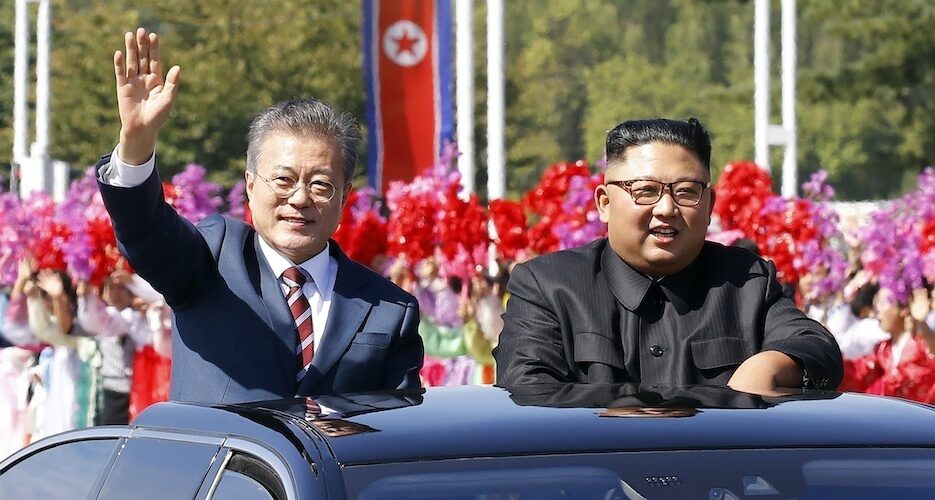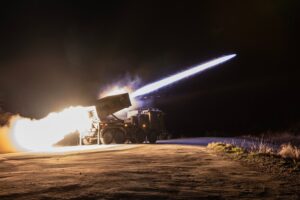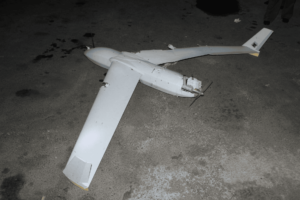The intensifying “Second Cold War” between the U.S. and China is having major ramifications across East Asia, and its impact on the Korean peninsula could be surprisingly long-lasting. Indeed, perhaps the history textbooks of the future will tell of how souring relations between Moscow and Beijing killed off any remaining hope of Korean unification.
The present-day confrontation with the U.S. seems to be strengthening China’s resolve to prevent the collapse of North Korea. But it wasn’t always this way.
The intensifying “Second Cold War” between the U.S. and China is having major ramifications across East Asia, and its impact on the Korean peninsula could be surprisingly long-lasting. Indeed, perhaps the history textbooks of the future will tell of how souring relations between Moscow and Beijing killed off any remaining hope of Korean unification.
The present-day confrontation with the U.S. seems to be strengthening China’s resolve to prevent the collapse of North Korea. But it wasn’t always this way.
Try unlimited access
Only $1 for four weeks
-
Unlimited access to all of NK News: reporting, investigations, analysis
-
Year-one discount if you continue past $1 trial period
-
The NK News Daily Update, an email newsletter to keep you in the loop
-
Searchable archive of all content, photo galleries, special columns
-
Contact NK News reporters with tips or requests for reporting
Get unlimited access to all NK News content, including original reporting, investigations, and analyses by our team of DPRK experts.
Subscribe
now
All major cards accepted. No commitments – you can cancel any time.










